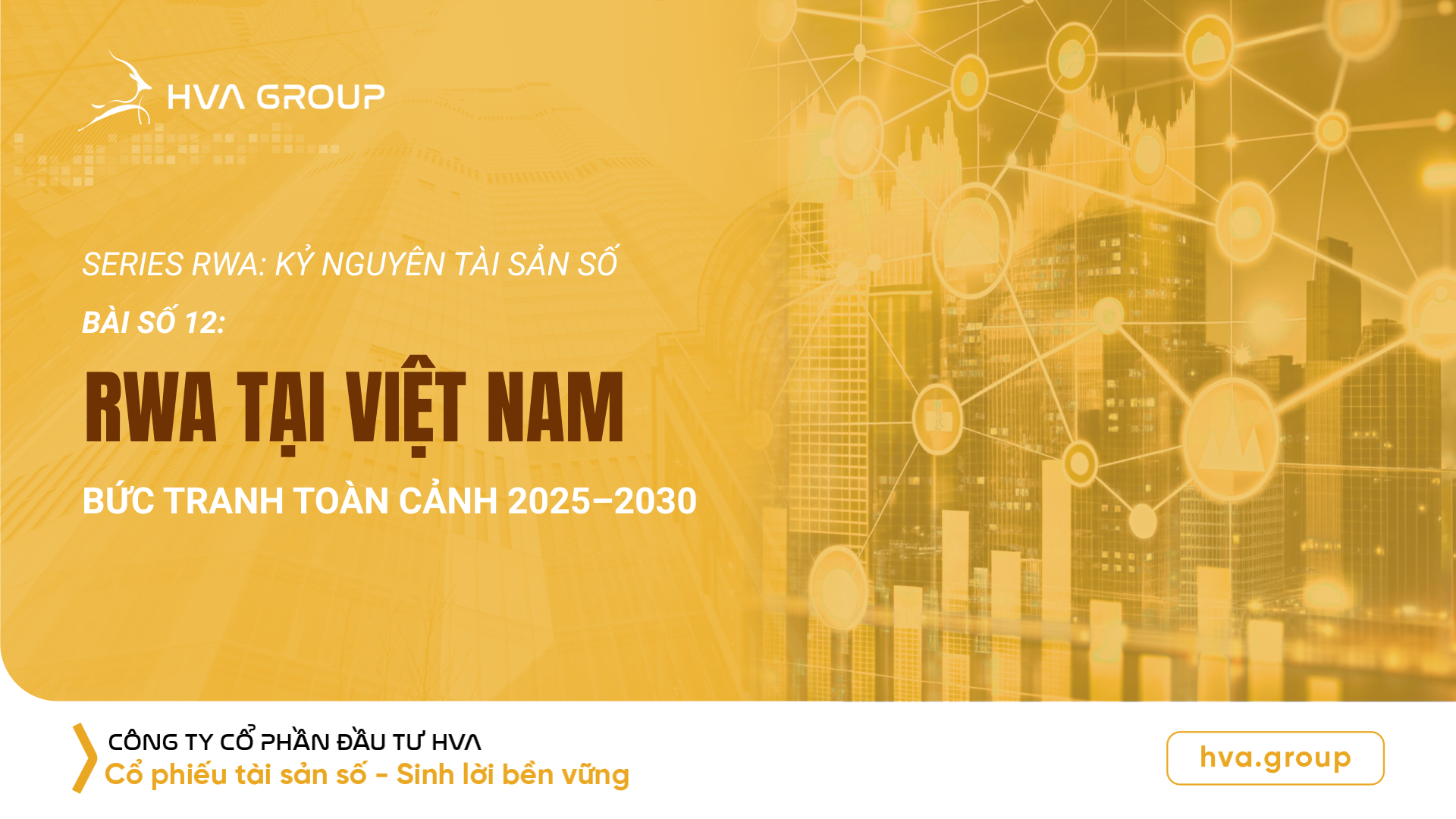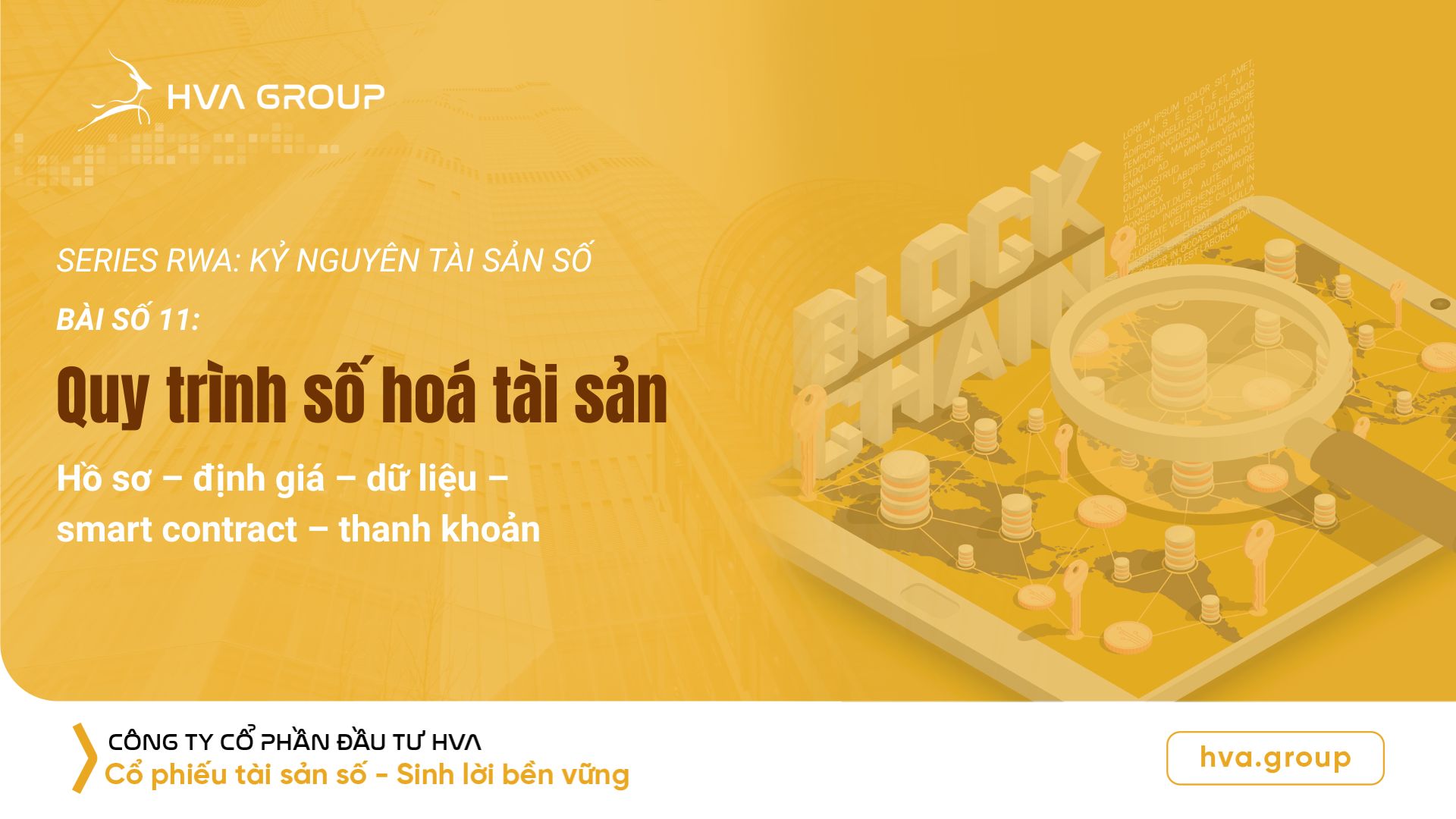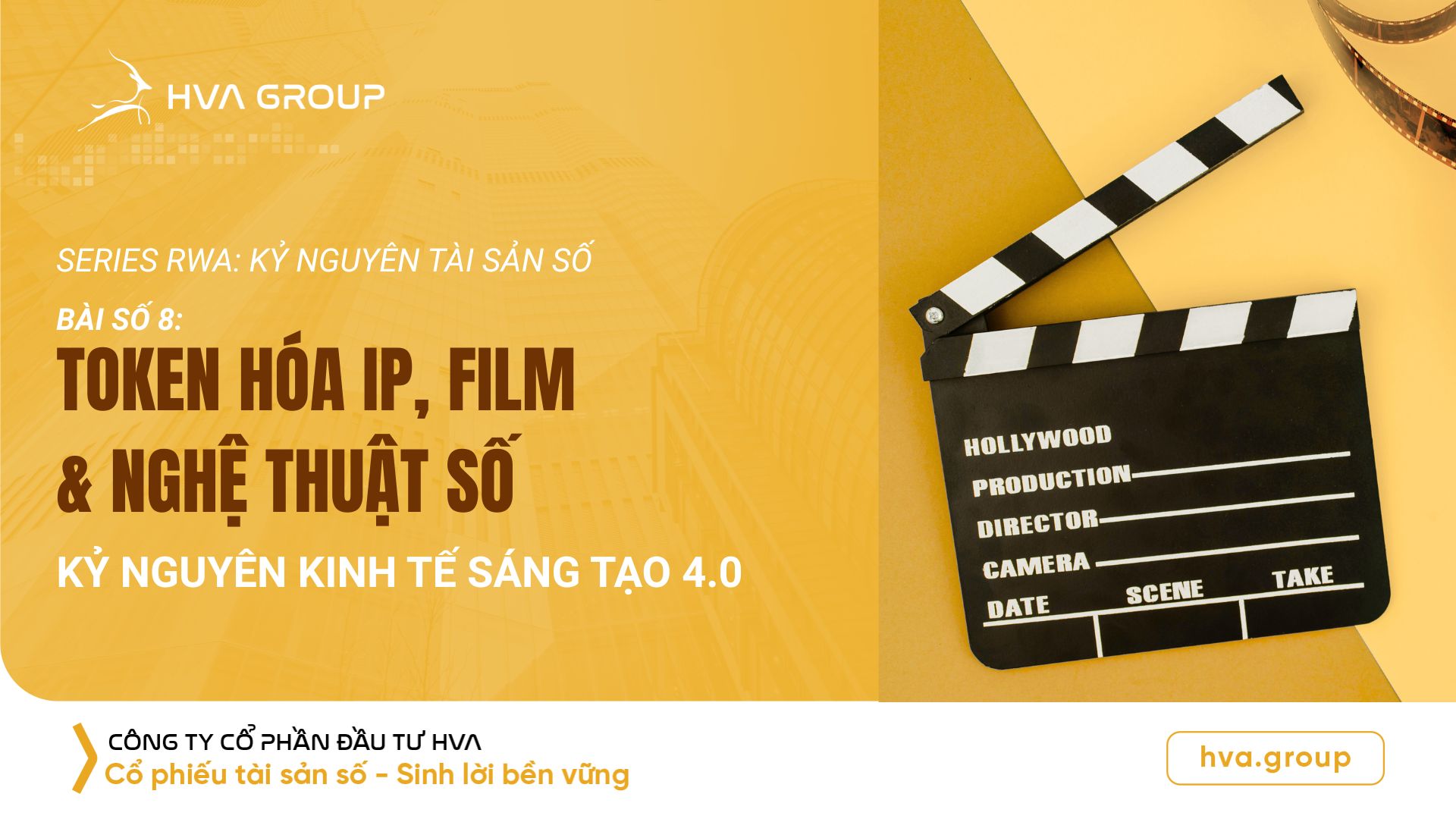Regulations on Cryptocurrency in Vietnam are undergoing many important changes. Let's join HVA to learn the details of the new regulations on cryptocurrencies in the following article.
1. Overview of cryptocurrency regulations in Vietnam
In recent years, cryptocurrency, also known as crypto currency, has emerged as a global trend, associated with the remarkable development of blockchain technologies. The popularity of this type of digital asset not only promotes innovation in the financial sector but also poses many challenges to the legal systems of countries, including Vietnam.
In Vietnam, the development of a legal framework for cryptocurrencies is still in the research and completion stage. Currently, Cryptocurrency Regulations in Vietnam The main focus is on risk control, fraud prevention, anti-money laundering, and user rights protection. Vietnamese law has not officially recognized cryptocurrency as a legal means of payment. This means that any use of cryptocurrency for payment can be considered a violation of the law and subject to punishment.

However, realizing the potential of blockchain technology and cryptocurrencies in promoting the development of the digital economy, the Government is gradually studying and designing appropriate legal policies. These efforts are not only aimed at controlling but also at maximizing the benefits of this new type of asset, integrating Vietnam with global technology trends.
2. Current legal system regulating cryptocurrencies in Vietnam
By system legal regulations on cryptocurrency, Vietnam applies strict measures on the issuance, supply, and use of cryptocurrencies in payment. Specifically, the act of using unrecognized means of payment, including cryptocurrencies, can be subject to administrative penalties with fines ranging from VND150 to VND200 million. In some cases, serious violations can be prosecuted under Article 206 of the 2015 Penal Code.
To effectively manage digital assets, Vietnam is working to build controlled testing mechanisms (sandboxes) to facilitate businesses to test cryptocurrency-based business models in a strictly controlled environment. At the same time, agencies such as the Ministry of Finance, the State Bank of Vietnam and the Ministry of Justice have coordinated to develop guidelines for the management of virtual assets and cryptocurrencies, aiming to minimize risks such as tax evasion or money laundering.
Notably, in 2021, Vietnam has set a goal of researching and testing the application of cryptocurrency based on blockchain technology. This is considered one of the strategic solutions to implement the e-Government Development Strategy for the 2021-2025 period, with a vision to 2030.
3. Important steps in the legal framework for cryptocurrencies
On May 15, 2024, the Government issued Decree No. 52/2024/ND-CP, effective from July 1, 2024, replacing Decree 101/2012. This Decree marks an important step forward in perfecting the legal framework for non-cash payments, including cryptocurrencies.

The Decree has mentioned many notable contents, such as:
- Definition and scope of cryptocurrency: Clarifies concepts related to cryptocurrencies, forms of expression such as e-wallets and prepaid cards, and what Cryptocurrency Regulations in Vietnam must specify the organizations authorized to provide this service.
- Risk Control: Propose measures to prevent fraud and money laundering, as well as strictly handle violations.
- International and cross-border payments: Establish regulations to manage international payment services to ensure transparency and efficiency in the context of e-commerce development.
4. New regulations on electronic money transfers in Vietnam
In order to strengthen control and limit the use of cryptocurrencies for illegal purposes, the State Bank has issued a series of new regulations on cryptocurrency transfers. These regulations not only ensure transparency and safety in transactions, but also contribute to building a healthy cryptocurrency market.
Accordingly, all organizations providing services related to cryptocurrencies must strictly comply with the following requirements:
- Know Your Customer (KYC):
Organizations must implement rigorous user identification and verification processes. This helps ensure that all transactions are made by individuals or organizations with clear identities, thereby minimizing the risk of money laundering and fraud. - Report unusual transactions:
When detecting suspicious transactions, service providers must immediately report to the authorities. This is an important measure to promptly detect and prevent illegal activities such as terrorist financing or illegal money transfers. - Store transaction information:
All data related to cryptocurrency transactions must be stored for a minimum of 5 years. This regulation facilitates investigation and handling when incidents or disputes occur, while ensuring transparency in transactions.

In addition, for international transactions using cryptocurrencies, especially those with large values, the State Bank requires stricter management and supervision. This is to ensure that there are no loopholes in cash flow management, while protecting national financial security.
These new regulations are not only an important step forward in the management of cryptocurrencies in Vietnam, but also demonstrate the Government's determination to promote digital transformation in a safe and sustainable manner. They not only contribute to minimizing risks, but also create a clear legal environment for cryptocurrencies to develop in the right direction.
5. Challenges in building a legal framework for cryptocurrencies
The development and implementation of a legal framework for cryptocurrencies in Vietnam is facing many difficulties and challenges:
- The Decentralized Characteristics of Cryptocurrency: Cryptocurrencies are not controlled by a central organization, making them difficult to manage and monitor.
- Technology requirements: Blockchain technology requires specialized knowledge and skills, while domestic specialized resources are limited.
- Risk of fraud and scams: The cryptocurrency market in Vietnam today still has many non-transparent projects, causing great losses to investors and negatively affecting public trust.
6. The future of cryptocurrency in Vietnam

Despite the difficulties and limitations, the potential for cryptocurrency development in Vietnam is still huge. With support from the Government and the participation of technology enterprises, Vietnam can become a hub for blockchain and cryptocurrency development in the region. To achieve this, there must be synchronization in legal policies, application of modern technologies to enhance supervision and security, and encouragement for people and businesses to participate in innovative initiatives.
The process of perfecting legal regulations on cryptocurrencies in Vietnam not only has management significance but also opens up opportunities for the country to become a bright spot in the 4.0 industrial revolution. With the consensus of the Government, businesses and the community, cryptocurrencies can become an important part of the country's digital transformation journey.
HVA Hopefully, this article will help you broaden your vision and have the right strategy. Cryptocurrency can become an important part of Vietnam's digital transformation process, opening up a sustainable and promising future for the country.











